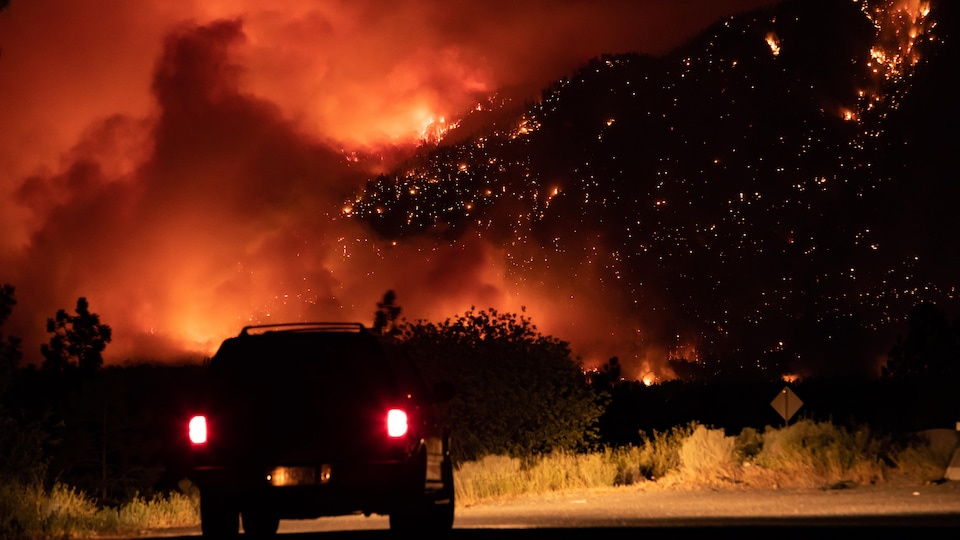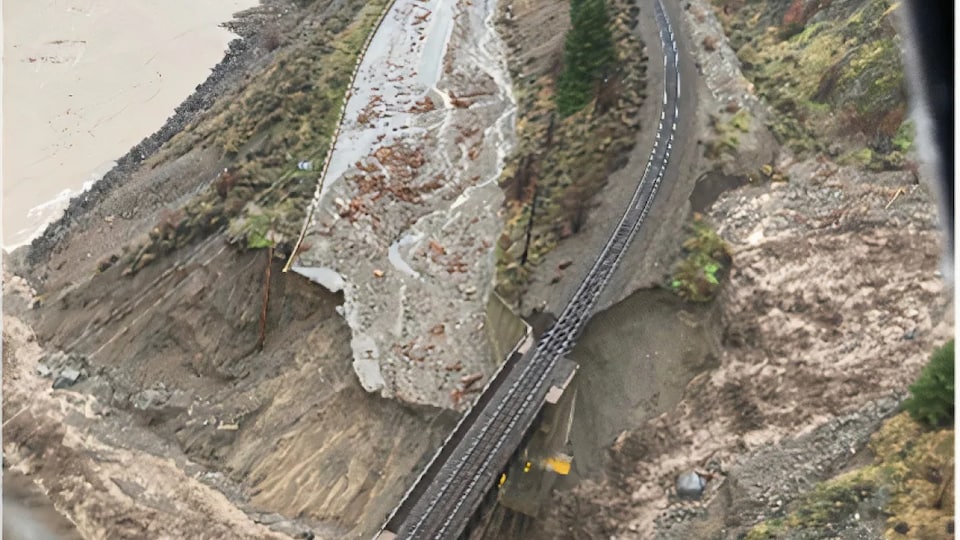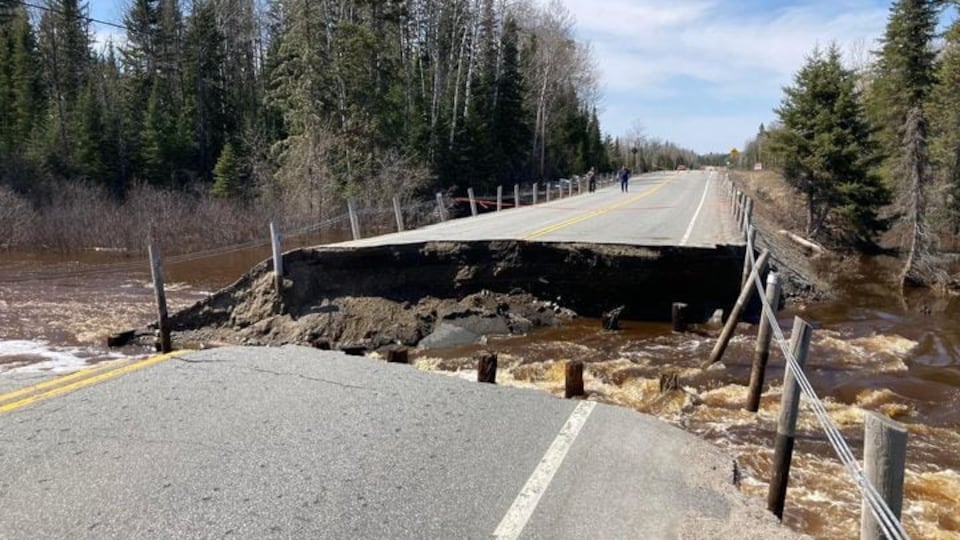Dozens of experts advising the government on climate change adaptation say Canada needs to do more to prepare infrastructure for threats posed by extreme weather and help Canadians recover from floods, fires and large storms.
Federal Environment Minister Steven Guilbeault is scheduled to launch on Monday the second and final phase of developing a national adaptation strategy that the Liberal government has promised to complete by the end of the year. In particular, the plan should suggest ways to make Canada more resilient to the effects of climate change.
In presenting the first phase, five expert groups on health, economy, disaster resilience, natural and developed infrastructure and nature advised the minister on the areas where they believe the government should focus its plan.
The health panel said that by 2030, health authorities should have what they need to address climate -related health risks, including infectious diseases and mental health.
New standards should also be incorporated into the design and management of all infrastructures to make them both low carbon and resistant to extreme weather conditions.
And on disaster resilience, experts say Canada needs to do more to help when severe weather hits.
Lytton, an example to many others
The people of Lytton, British Columbia can attest to that. The town of about 250 people was destroyed by a forest fire in June, after experiencing the hottest temperatures on record in Canada. Two people were killed and, 10 months later, restoration has still not begun.
Minister of Emergency Preparedness Bill Blair visited Lytton on Thursday and pledged to provide disaster relief of at least $ 416 million.
However, the reconstruction of Lytton was stalled by many factors, including extreme weather conditions. Last November, roads leading to the city were swept away by floods that caused damage estimated at $ 5 billion across British Columbia. Then winter brought the heaviest snowfall to Lytton in more than three decades.
The Expert Panel on Disaster Resilience says that by 2030, Canada should be able to reduce the number of Canadians at risk from severe weather and restore every community affected by the disaster within a year. ‘a natural disaster.
Lytton is not the only Canadian community affected by a series of disasters. Last summer, Red Lake, Ontario, and several nearby First Nations were hit by wildfires for the second consecutive year, prompting evacuations and destroying thousands of acres of land.
On May 10, the municipality 500 kilometers northwest of Thunder Bay declared a state of emergency after flooding on sections of the highway leading to Red Lake.
Federal Natural Resources Minister Jonathan Wilkinson told a wildfire preparedness news conference on Friday that no matter how successful Canadians are in reducing greenhouse gas emissions, the effects of global warming are already affecting them and Canada must do more. yet to suit.
More and more frequent and intense events
Canada is experiencing more frequent and intense wildfires and unfortunately it will not recoverhe said. It is a product of climate change embedded in our future.
Over the past two years, Public Safety Canada has been called in 14 times to help fight wildfires. In the past five years, it has only been needed four times.
Last summer, more than 4.3 million acres were burned nationwide, more than 1.5 times the 10-year average of 2.6 million.
Forecasters said Friday that Canadians from British Columbia to western Quebec could expect more than average fire risk in June and July again this year.
Flooding is also a big and more frequent risk. Last week, flooding was forced to evacuate Manitoba, Alberta, the Northwest Territories and northwestern Ontario.
Until the 1960s, Canada recorded approximately 30 climate-related disasters per decade. Now it is over 100.
Source: Radio-Canada


